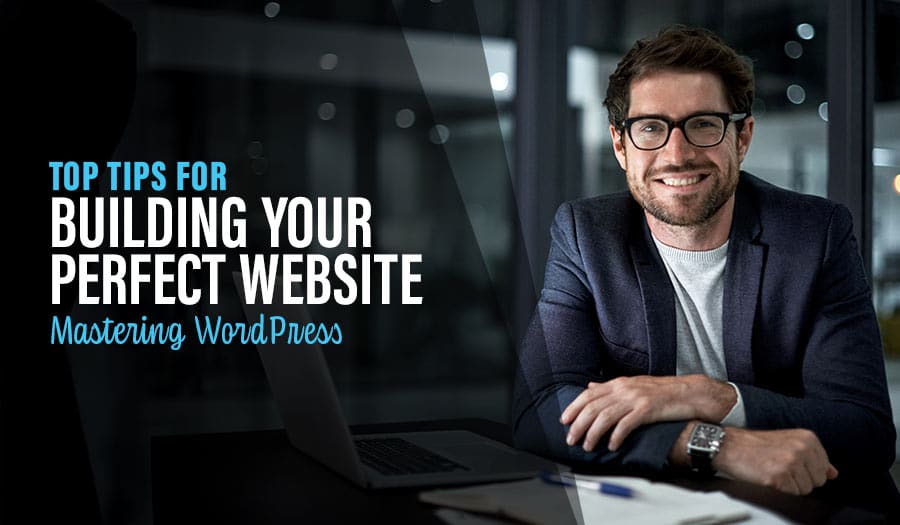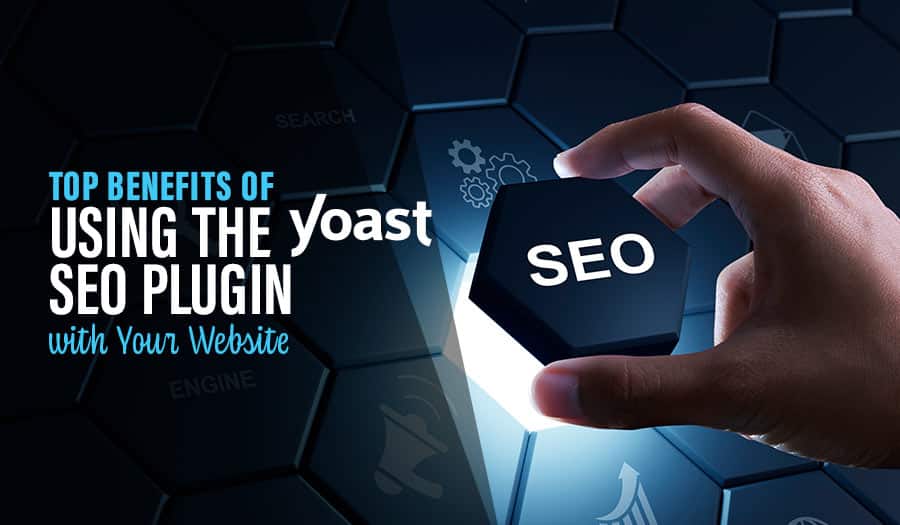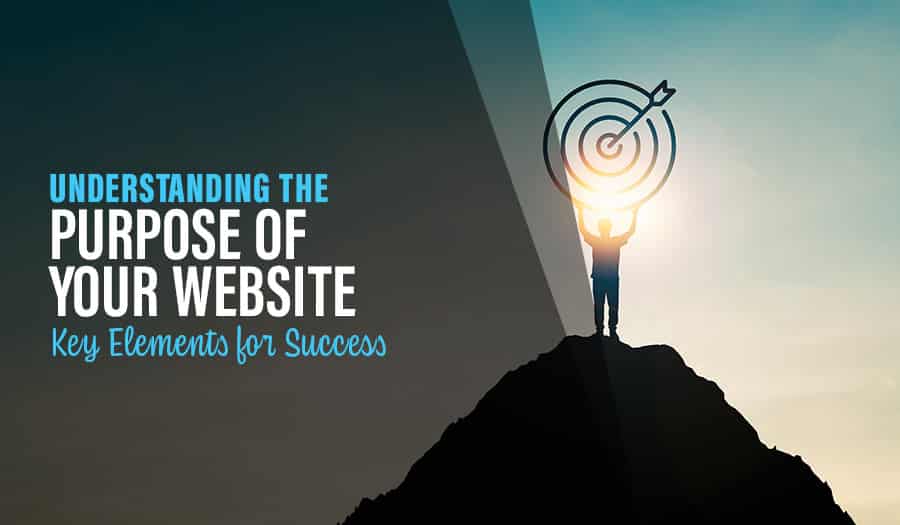A website needs to respond quickly. Users get impatient, and a lot of them will give up if they have to wait more than a few seconds to view a page. Search engines will lower rank to sites with a slow response time. At the same time, you don’t want to spend more than you have to on a fast server. Making the right choices on your WordPress site will deliver your pages faster without any hardware upgrades. Let’s look at how you can keep your WordPress Website Running Fast.
Speed is especially important for mobile users. Their devices don’t always have the power of a desktop computer, and they might have a weak connection that delivers data slowly. A lot of sites get more than half their traffic from mobile devices, so keeping their owners happy is important.
How to Keep Your WordPress Website Running Fast
1. Plugins
Plugins can make or break a fast site. Stay lean. Don’t install plugins just because they do something entertaining. A plugin should either deliver some important functionality or improve the site’s internal operations. If it doesn’t do either, disable it. If it does something useful but slows down the site, look for ways to reduce its impact or replace it with something else.
Poorly designed widgets can seriously slow a site down. One that goes to a third-party website for new data every time someone views a page or post can add an annoying burden.
2. Themes
There’s no longer a question about it: You should use a responsive theme. A responsive website is one that adjusts its appearance to the browser, rearranging elements if necessary for smaller screens. In WordPress, the theme is what makes the site responsive. If you want to appeal to the mobile market, responsiveness is a necessity.
You should look not just for a responsive theme but for one that provides fast delivery. Fast themes might not look as fancy as some others, but as long as they’re clean and attractive, they can be a good choice. The user cares about the content, not the decorations. A theme that’s too flashy will just annoy users anyway.
Responsive, efficient themes avoid huge amounts of JavaScript, stylesheets, and fonts. They may leave out some images on smaller screens. When trying out a theme, look for how quickly it displays pages, not just how it looks once the page is loaded.
3. Images
Images help a site, but the trick is not to make them bigger (in bytes, not dimensions) than necessary. Having the image available in more than one size, so mobile devices can load a smaller version will improve speed.
Choose the best image format. Photographs work best as JPEG files; you don’t have to choose the highest quality for every image. Screenshots and line art tend to work better as PNG files. PNG uses a different compression scheme, which works better with sharp colour changes.
4. Caching
WordPress is written in PHP, which means it regenerates every page and posts each time they’re requested. Most of them don’t often change, so constant regeneration is a waste. A caching plugin lets WordPress deliver the same content each time and tell browsers that it hasn’t changed. This hugely reduces the amount of computing the site does and the amount of data it sends.
A caching plugin will provide less benefit if your hosting site does its own caching. In some cases, the combination will cause problems. If the caching is too aggressive, changes won’t appear for many minutes after they’ve been made. Experiment with cache settings to get a good balance between performance and updating. When it works right, caching will give your site’s performance a huge boost.
Take all these factors into account when laying out your website. Choosing components for speed will give you more happy readers without having to buy a faster server or a more expensive hosting option.
Pixel Fish will deliver a beautiful, efficient website that your customers will love. Contact us for more information.
Let Pixel Fish take your business to the next level with a Stunning Business Website.
Check out some of our latest Website Design projects and Testimonials.
• Professional Services Projects
• Aged Care and Disability Services Projects
• Financial Services Projects
• Branding and Website Design Projects
• Manufacturing, Logistics and Industrial Projects
• Restaurant and Hospitality Projects
Further Information
10 Benefits of Using WordPress for Your Business Website
7 Steps to Prepare for Your First Professional Website Redesign
Which Modern Website Design Trends Are Right for Your Brand?
Website Conversion Issues: What Causes Leads to Leave Your Website?
Pros and Cons Of Using A Live Website Customer Chat
20 Essential WordPress Website HTML codes to know
Top 15 Most Common Website Errors
8 Great Tips for Creating Shareable Content
How to improve your Communication With Your Web Designer



